On the evening of October 29, Prime Minister Pham Minh Chinh chaired a Government meeting on the implementation status and review and handling of difficulties in implementing two-level local government.
Also attending the meeting were Deputy Prime Ministers ; Ministers, Heads of ministerial-level agencies, Government agencies; leaders of ministries, branches and central agencies.
The conference assessed that after nearly 4 months of operation, the Government , the Prime Minister, central and local ministries and branches have synchronously deployed many directive and management measures, from issuing institutions, policies, and guiding documents under their authority to being resolute in directing, operating, training, monitoring, grasping, resolving the situation, and removing difficulties and obstacles in the implementation process.
Up to now, 100% of localities have completed the organization and arrangement of leadership positions of People's Committees at all levels; 34/34 provinces and cities have been implementing plans to arrange public service units, state-owned enterprises and internal organizational focal points and 3,321 communes, wards and special zones have implemented the establishment of public service units to provide multi-sector and multi-field service at the commune level, ensuring compliance with the Central orientation and the practical situation of each locality. Up to now, nearly 147,000 people have quit their jobs nationwide, of which 99.99% have received policy payments; 17 ministries, branches and 34/34 localities have completed payments.
Decentralization and delegation of authority continue to be strongly and substantially implemented by central and local ministries and branches. The percentage of tasks under the authority of the central government is 44%, 56% of tasks have been decentralized and authorized to localities for implementation.
Currently, 34/34 localities have issued resolutions on decentralization of budget revenue and expenditure; 100% of commune-level units have completed opening accounts and paying salaries at the state treasury.
Nationwide, 17,595 houses and land have been processed, while 10,908 houses and land are still surplus and need further processing; 3,177 commune-level administrative units have been equipped with cars.
The arrangement and allocation of public housing for cadres, civil servants, public employees and workers continues to be carried out by localities in accordance with practical conditions at each local agency and unit.
As of October 22, ministries and branches had 5,751 administrative procedures, a reduction of 48 administrative procedures; 980 administrative procedures provided full public services; 4,032 administrative procedures did not provide online public services, accounting for 70.2%.
Localities publicized from 2,030 to 2,293 administrative procedures under their jurisdiction, of which an average of 792 administrative procedures provided full public services, accounting for 37%; partially online public services, accounting for 56.2%; administrative procedures that have not yet published online public services, accounting for 6.8%.
After nearly 4 months, 34 provinces and cities have received 14.5 million administrative procedure records, of which more than 83% were processed online.
In addition to the achieved results, the conference frankly acknowledged that the two-level local government still has some shortcomings and problems that need to be further overcome, such as: some regulations on fee collection, charges, and administrative procedures are still incomplete; some localities still have difficulties in arranging and assigning personnel related to scale, quantity, titles, and fields, especially specialized personnel at the commune-level public administrative service centers.
Along with that, there are administrative procedures with inappropriate regulations for implementing full-process online public services; administrative procedures are not yet connected; the online public service system is sometimes and in some places interrupted; the list of administrative procedures that do not depend on the administrative boundaries of the provinces mostly only reaches a rate of about 50% to 95%, even some localities only reach less than 10%...
In addition, some localities have limited facilities and information technology infrastructure.
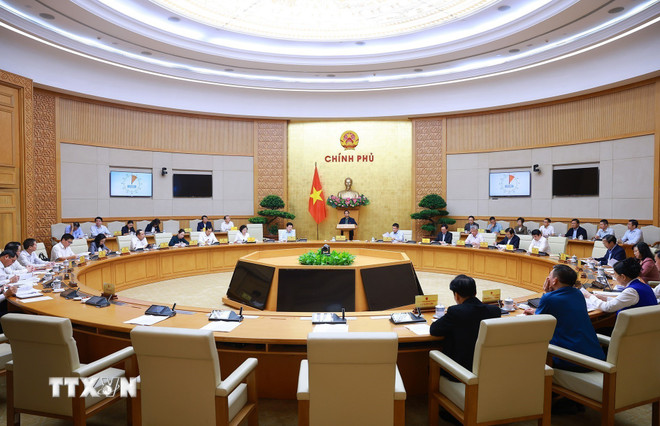
After reviewing the situation, delegates proposed that based on the localities' review of the feasibility of legal documents on decentralization, delegation of power, and division of authority, ministries and ministerial-level agencies should promptly amend and supplement to ensure convenience for the organization, implementation, and operation of two-level local governments.
On the other hand, we continue to focus on cutting and simplifying administrative procedures, focusing on amending and perfecting 466 legal documents to cut 348 administrative procedures and simplify 1,703 administrative procedures; cut 2,041 business conditions under the management of 14 ministries and ministerial-level agencies according to the plan approved by the Prime Minister.
Delegates also suggested strengthening inspection, supervision, and removing difficulties for localities; continuing to overcome limitations in facilities and information technology infrastructure; organizing training and fostering civil servants at all levels so that the two-level government can operate effectively, efficiently, and creatively to serve the people and businesses.
Concluding the conference, Prime Minister Pham Minh Chinh reminded ministries, branches and localities to have weekly reports and the Government to meet every two weeks on the operation situation and the review and handling of difficulties in implementing two-level local government.
Appreciating the efforts of ministries, branches and localities in organizing and operating two-level local governments, the Prime Minister said that the Government and the Prime Minister have proactively issued more than 140 decrees, resolutions, telegrams and decisions to promptly remove difficulties and improve institutions and policies, especially in various fields.
Ministries, departments and branches issue a system of synchronous and timely guidance documents to ensure the two-level government apparatus operates effectively and efficiently.
The Prime Minister affirmed that after nearly four months of implementation, the operation of the two-level local government model has basically become systematic, synchronous, unified, and has clearly promoted efficiency.
The apparatus is streamlined, operates stably and smoothly; administrative discipline and order are maintained; the rights of people and businesses are guaranteed, and basic public services are fully provided.
However, according to the Prime Minister, some institutional and policy areas are not yet synchronous and timely; the organization and personnel in some localities are not really stable; officials and civil servants still lack specialized professional skills, especially in the fields of land, construction, and information technology; administrative procedures have improved but are still cumbersome and not synchronized between systems; digital infrastructure and data connections in some places are still weak, not meeting the requirements for operating the entire online public service process; facilities, equipment, and information technology infrastructure in some communes and wards in remote and isolated areas are still lacking and degraded; the progress of digitizing records and documents is slow.
Sharing stories that the Prime Minister directly learned from his contacts with people at the grassroots level in handling administrative procedures, the Prime Minister said that the above limitations, in addition to objective factors as mentioned by delegates, also have subjective causes.
Some grassroots cadres lack knowledge of management, legal knowledge, assigned expertise, and knowledge of technology and digital transformation. "These are issues that need to be addressed immediately," the Prime Minister noted.
The Prime Minister requested relevant ministries and branches, based on their functions, tasks and powers, to coordinate in reviewing, amending and supplementing overlapping legal regulations that are not suitable for the two-level model; urgently develop regulations on job positions to serve as a basis for arranging commune-level cadres and civil servants in accordance with job positions, complete the organizational structure in November 2025; continue to increase the secondment of competent cadres to support grassroots levels.
The Prime Minister directed the Ministry of Home Affairs to continue to urge and inspect localities in the implementation, increase provincial-level cadres and civil servants to commune-level; urgently submit to competent authorities to issue a Resolution on administrative unit standards and a Decree on urban classification as a basis for staffing arrangements.
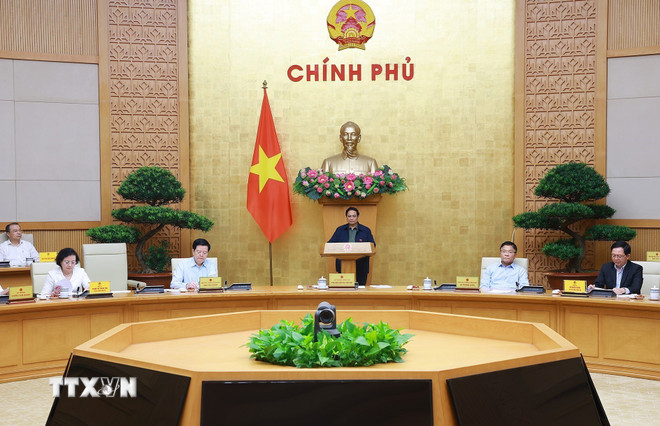
The Ministry of Education and Training urgently reviewed the overall demand for education officials in localities. The Ministry of Agriculture and Environment promoted the construction of a land database.
Emphasizing the need to effectively implement the Prime Minister's decisions and dispatches on connecting and sharing data; substantially reducing administrative procedures and providing full-process online public services, the Prime Minister reminded the Ministry of Science and Technology to urgently complete the information technology infrastructure system; ensure connection, interconnection and data sharing between software for managing documents, public services, national databases and handling administrative procedures; coordinate with the Ministry of Public Security and relevant ministries, branches and agencies to coordinate and support the Fatherland Front and socio-political organizations to connect the database of the Fatherland Front and mass organizations with the national database on population, national shared database, and open database of sectors.
The Government Office reviews, plans, and urges the completion of plans to reduce and simplify administrative procedures and business conditions approved by the Prime Minister; the implementation of administrative procedures does not depend on administrative boundaries within the province; evaluates and improves the quality of service for people and businesses in implementing administrative procedures and providing public services, especially for local authorities at two levels.
Directing Ministers and Heads of ministerial-level agencies to directly direct and take responsibility for the progress and quality of implementation; strictly handle the situation of pushing, avoiding, and delaying tasks in performing tasks, Prime Minister Pham Minh Chinh requested ministries, branches, and localities to continue reviewing and perfecting headquarters, equipment, and working means; ensuring conditions for grassroots authorities to operate effectively, stably, and long-term; continuing to direct, guide, inspect, and supervise the arrangement of headquarters and public assets, avoiding loss and waste...
In particular, the Prime Minister requested the Vietnam Electricity Group, the Vietnam Posts and Telecommunications Group, and the Military Industry-Telecoms Group to develop a plan and schedule to eliminate villages and hamlets with low electricity and telecommunications coverage; striving to complete it by 2025.
Setting the goal of completely resolving the limitations and difficulties related to the operation of two-level local governments in 2025, the Prime Minister hopes that the entire state administrative apparatus will continue to promote the spirit of high determination, great efforts, drastic actions, "serving the people and creating development", solidarity, responsibility, creativity, bringing the two-level government model into real depth and effectiveness, contributing significantly to building a modern, transparent, for-the-people, and for-the-country administration./.
Source: https://www.vietnamplus.vn/thu-tuong-khac-phuc-ngay-viec-can-bo-o-co-so-thieu-4-loai-kien-thuc-post1073643.vnp


![[Photo] Hue: Inside the kitchen that donates thousands of meals a day to people in flooded areas](https://vphoto.vietnam.vn/thumb/1200x675/vietnam/resource/IMAGE/2025/10/29/1761738508516_bepcomhue-jpg.webp)
![[Photo] Prime Minister Pham Minh Chinh chaired a meeting to evaluate the operation of the two-level local government model.](https://vphoto.vietnam.vn/thumb/1200x675/vietnam/resource/IMAGE/2025/10/29/1761751710674_dsc-7999-jpg.webp)
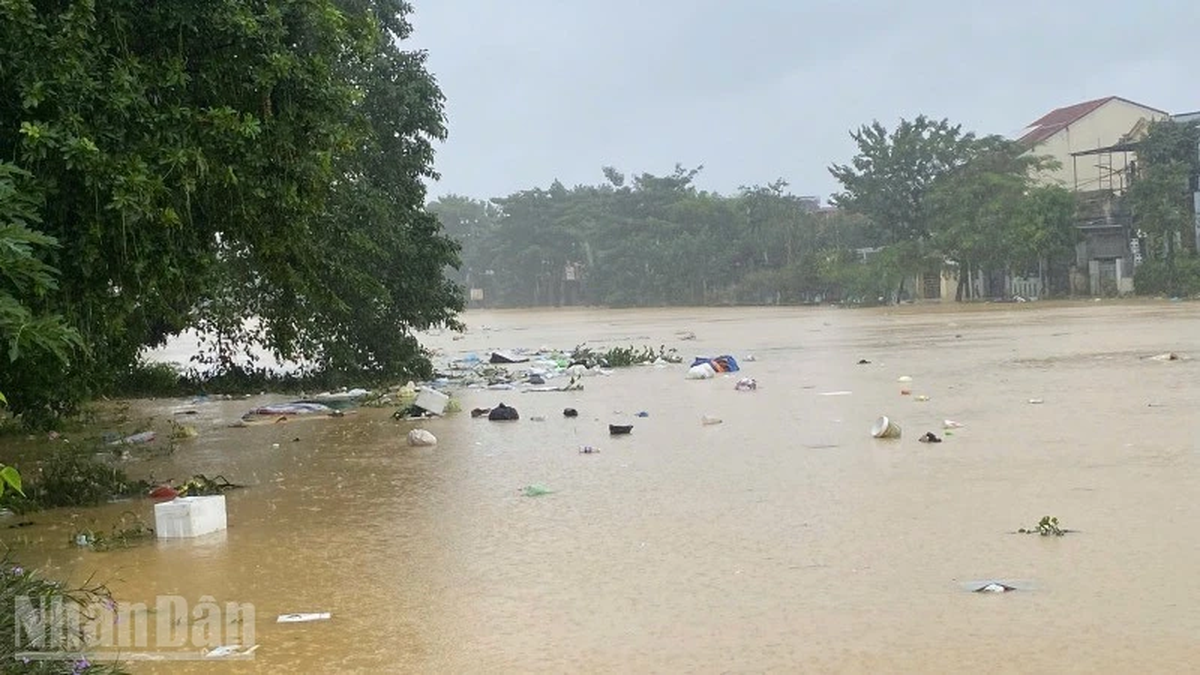

![[Photo] Prime Minister Pham Minh Chinh chaired a meeting to discuss solutions to overcome the consequences of floods in the central provinces.](https://vphoto.vietnam.vn/thumb/1200x675/vietnam/resource/IMAGE/2025/10/29/1761716305524_dsc-7735-jpg.webp)

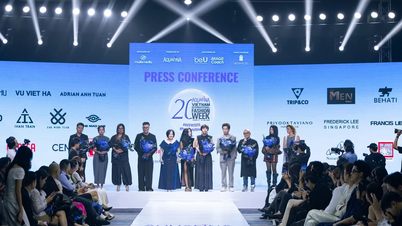
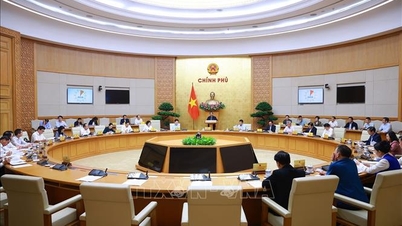

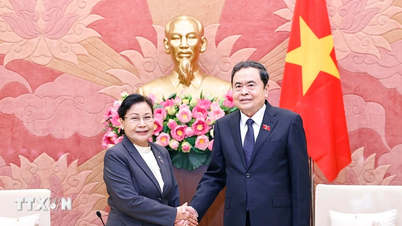
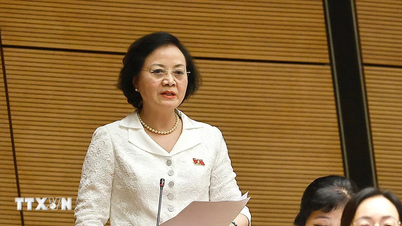
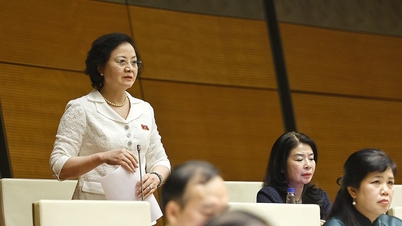
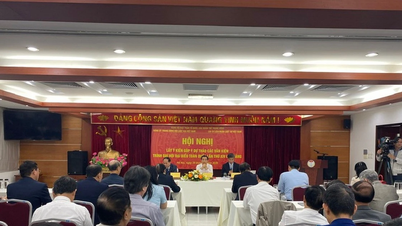
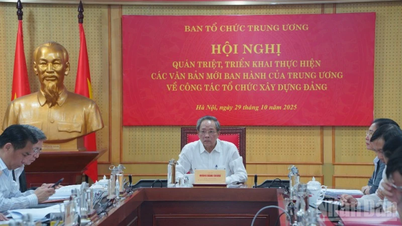



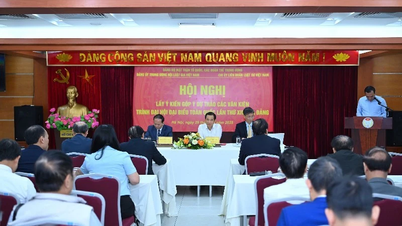
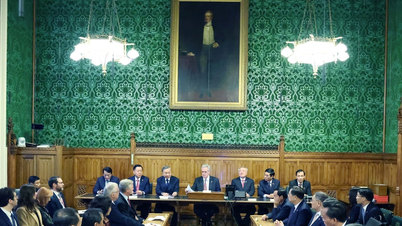
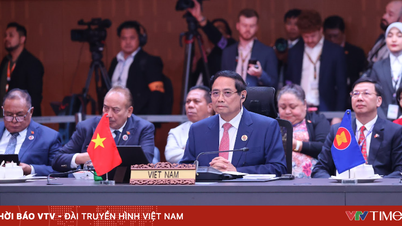
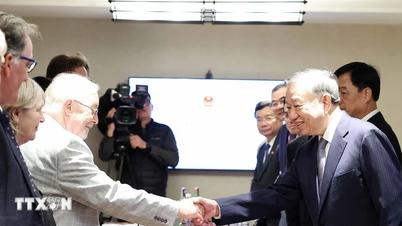





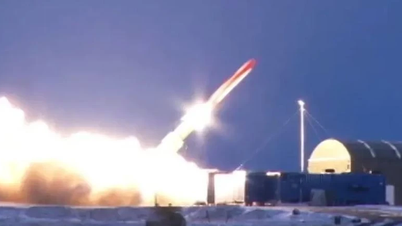
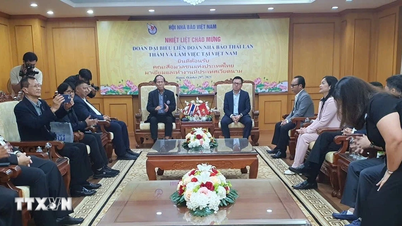


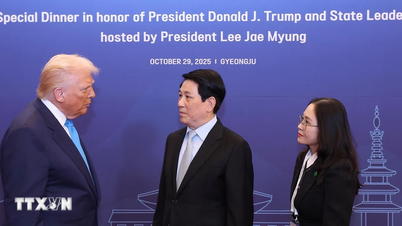



































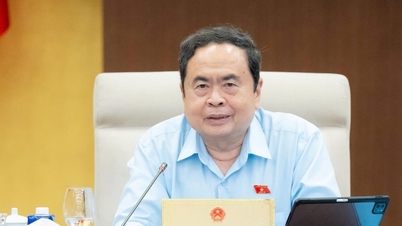

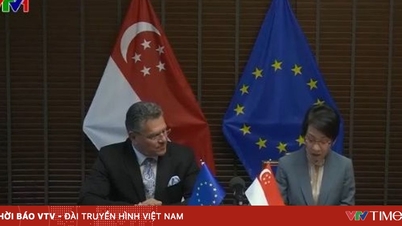
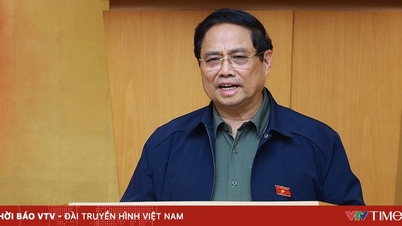
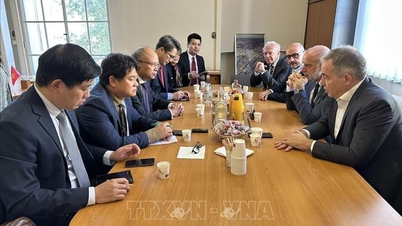
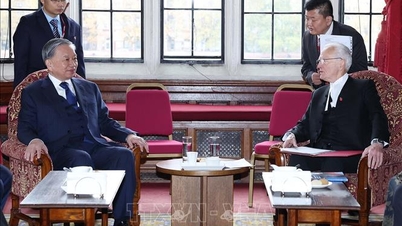
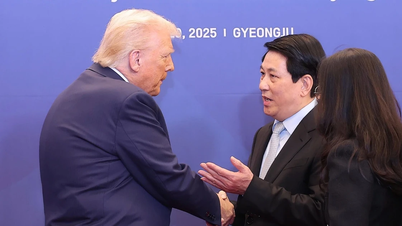


![[Live] Concert Ha Long 2025: "Heritage Spirit - Brightening the Future"](https://vphoto.vietnam.vn/thumb/402x226/vietnam/resource/IMAGE/2025/10/29/1761743605124_g-anh-sang-am-thanh-hoanh-trang-cua-chuong-trinh-mang-den-trai-nghiem-dang-nho-cho-du-khach-22450328-17617424836781829598445-93-0-733-1024-crop-1761742492749383512980.jpeg)



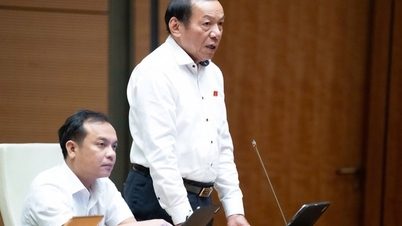
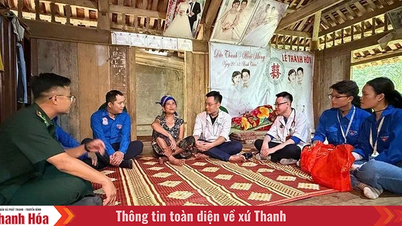

























Comment (0)